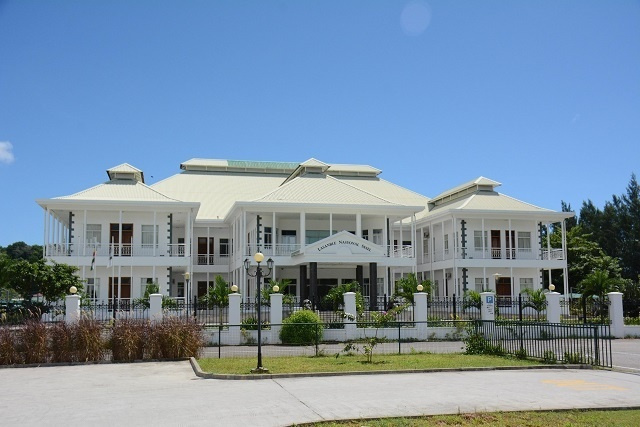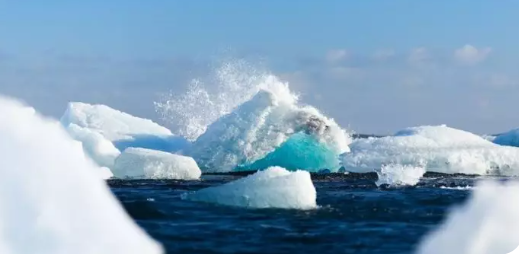Seychelles has ratified the United Nations Biodiversity of Areas Beyond National Jurisdiction Treaty, also known as the High Seas Treaty or the BBNJ treaty.
The BBNJ Treaty is an international agreement that aims to preserve and sustainably use the marine biodiversity of areas beyond national jurisdiction. This includes the high seas, which are outside of countries’ exclusive economic zones, and make up nearly half of the Earth’s surface.
The treaty was ratified by the National Assembly on Wednesday and a majority of 27 members voted in favour following a presentation by the Leader of Government Business, Bernard Georges.
Georges said that the treaty has 75 articles and its main purpose is « to take stewardship of the world’s oceans for present and future generations, care for and protect the marine environment and ensure its responsible use, maintain the integrity of undersea ecosystems and conserve marine biological diversity’s inherent value. »
« Two thirds of fish stock being fished in seas beyond national jurisdictions, are being done in a non-sustainable way, and if a decision is not taken quickly, many fish stocks will crash and will lead to food insecurities in many countries, » he explained.
The Leader of Government Business added that it will also help towards the fight against illicit drug, arms trafficking and piracy in the world’s oceans. It will also protect the many genetic resources found in the high seas, which are areas beyond national jurisdictions.
« Another reason we have to protect the oceans, is that it stores 50 times more carbon dioxide and greenhouse gasses, than our atmosphere, and it is important to keep that, » added Georges.
For Seychelles, an archipelago in the western Indian Ocean, with 99 percent of its territory as ocean, this treaty’s aims and components are of national priority.
Marie-Jeremie, the chief executive of the Seychelles Conservation and Climate Adaptation Trust (SeyCCAT), had told SNA that the benefits for Seychelles is that « we will have more possibilities to be part in research activities that take place in high seas especially. As a small island state along with other developing countries, we do not have the capacity to conduct these big researches. So, we want a system that is more equitable one in which everyone can benefit from what is called the ‘common heritage of mankind’. »
The agreement was adopted in New York on June 19, 2023, at the fifth session of the intergovernmental conference on an international legally binding instrument under the United Nations Convention on the Law of the Sea (UNCLOS) on the conservation and sustainable use of marine biological diversity of areas beyond national jurisdiction.
Source: seychellesnewsagency.com




